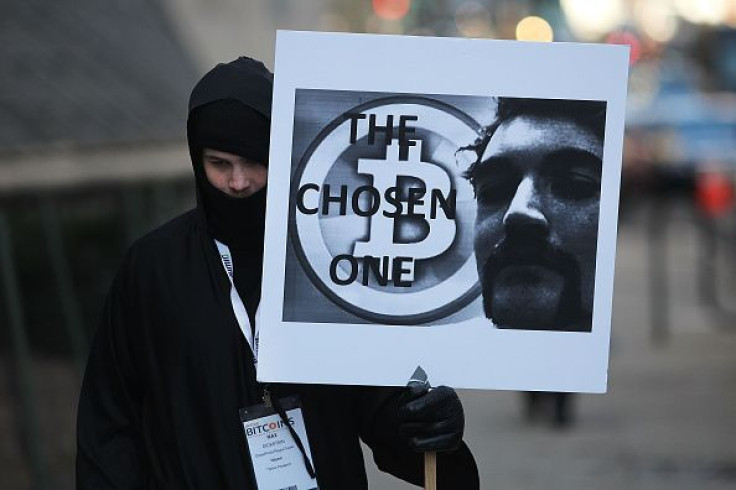Ross Ulbricht Trial: 'Who Would Have Thought That A Softy Could Lead An International Narcotics Organization?'

“Who would have thought that a softy could lead an international narcotics organization?” That's the question that Dread Pirate Roberts, operator of the Silk Road, asked in a 2012 note to the small staff of customer service representatives who were helping him run the online drug market. Among those anonymous employees, though, was an undercover officer from the Department of Homeland Security who answered that question at the Silk Road trial Wednesday by saying, well, he thinks it was Ross Ulbricht.
Ulbricht, 30, entered his second day of trial in a federal courthouse in lower Manhattan for charges related to narcotics trafficking, conspiracy to sell fraudulent identification and operating a continuing criminal enterprise. Jared Der-Yeghiayan, a drug investigator with the Department of Homeland Security, testified Wednesday that he began working undercover as an administrator on the Silk Road's customer support forums in July 2013. Der-Yeghiayan continued in that role until Oct. 1, when he played a crucial role in arresting Ulbricht by monitoring when Dread Pirate Roberts logged onto the Internet in a public place, where he could be arrested.
Unlike Tuesday, during the sweeping opening statements presented on the first day of trial, though, jurors appeared drowsy as Der-Yeghiayan carefully explained the technical details of how the Silk Road could exist on the anonymous Tor network while also relying on bitcoin cryptocurrency. But the yawning quickly ended when Der-Yeghiayan provided screenshots of his interaction with Roberts, where the Silk Road boss made it clear that running a drug den within a hidden corner of the Internet was no easy task.
“Do you think this site built itself? Do you think this site runs itself?” Dread Pirate Roberts wrote in a post blasting Silk Road users upset with his decision to increase the commission he takes from each sale on the site. “Do you have any idea of the risk people who run this site are taking? Whether you like it or not, I am the captain of this ship.”
Der-Yeghiayan told the prosecution he used the forum name “cirrus” to communicate with DPR and other administrators. His investigation into the site began when he, looking through the mail for drugs at Chicago O'Hare International Airport, noticed an influx of MDMA and other drugs that corresponded with labels available on the Silk Road. Meth, black tar heroin, crack cocaine, testosterone and marijuana were widely available on the site, but Der-Yeghiayan testified that he only began to understand the scale of the operation when he became a customer service employee and worked 11 hours a day while earning a weekly stipend of about $1,000.
The most common infractions he was charged with arbitrating were vendors ripping off customers or requesting a payment method not allowed on the Silk Road.
“I hate seeing that kind of thing,” Roberts wrote in a post admonishing the parties responsible. “Please have the integrity to play by the rules of the game you signed up for.”
The broad-shouldered Ulbricht again sat quietly at the defense table through the proceedings, briefly smiling at jurors as they took their seats just before 11 a.m. Prosecutors asserted that he earned at least $18 million in bitcoin as the Dread Pirate Roberts, planning to start a new life on a tropical island before he was ultimately arrested.
© Copyright IBTimes 2024. All rights reserved.











